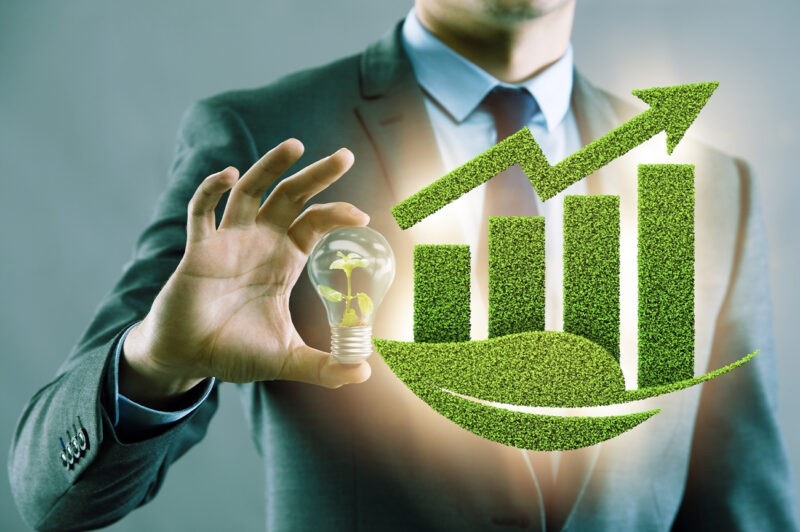
Sustainability in business is a hot topic, if you’ll pardon the climate change pun. Business owners and managers are under increasing public, investor and government pressure to make their business practices more sustainable.
What is sustainability in business?
Sustainability in business involves ensuring that your business activities don’t have a negative impact on the environment (or at the very least, minimising or offsetting any negative impact as much as you can).
Sustainable businesses typically embrace triple bottom line reporting. The three components of the triple bottom line are:
1) profits
2) people
3) planet.
A sustainable business earns its profits by being socially responsible (the ‘people’ component) and protecting the planet’s scarce resources as much as possible.
Examples of sustainable business initiatives include:
- Recycling programs (for paper, cardboard, glass, printer cartridges, batteries, etc).
- Having a paperless office as much as possible.
- Reducing staff travel (for example, by conducting Zoom meetings rather than in-person meetings and allowing staff to work more hours or days from home if it’s feasible).
- Reducing waste.
- Installing solar panels on your business premises to generate clean energy.
Why is business sustainability important?
It’s an unfortunate fact that excessive consumption and waste of the planet’s scarce resources has the potential to harm both the planet itself and future generations. Pollution is one of the major problems of the contemporary industrialised world. It has been linked to climate change and the extinction of flora and fauna around the globe.
Business activities are a major contributor to the pollution of the air (via carbon dioxide emissions) and oceans (via waste products, including plastic packaging).
Benefits of Business Sustainability
Businesses that operate sustainably help to ensure that future generations will have access to the resources they need to both survive and thrive. But there are also business benefits of operating sustainably as well, including:
- An enhanced reputation
There is no doubt that there is a huge public sentiment in favour of protecting the environment. Businesses that are perceived as being environmentally responsible enhance their reputation as being good corporate citizens. This can translate into more consumer support for their products and services.
- Reduced costs
Green energy costs (such as solar and wind-generated power) are coming down as technology capabilities improve. This can translate into reduced business operating costs.
The challenges of improving business sustainability
Although there are significant benefits for businesses operating sustainably, there are some challenges to implementing sustainable initiatives. They include:
1. A lack of resources
For example, it costs money up front to implement solar panels, even though this will generate ongoing cost savings. Businesses need to have the capital to invest in installing the technology.
2. Difficulty changing old habits and procedures
Change is often met with resistance by some people purely because they don’t like changing the way they do things. It’s important to have the support of your staff when embracing sustainability initiatives.
The bottomline
Sustainability is a concept that no contemporary business can afford to ignore if it wants to ensure its long-term survival and prosperity.
If you’re looking to overhaul your processes or equipment to become more eco-friendly, but you don’t have the funds to invest, we can help.
At Earlypay, we like to say ‘yes’ to supporting Aussie business owners. If you'd like to learn more about our Invoice financing or equipment financing options, please contact us today. You can call our friendly team on 1300 760 205.